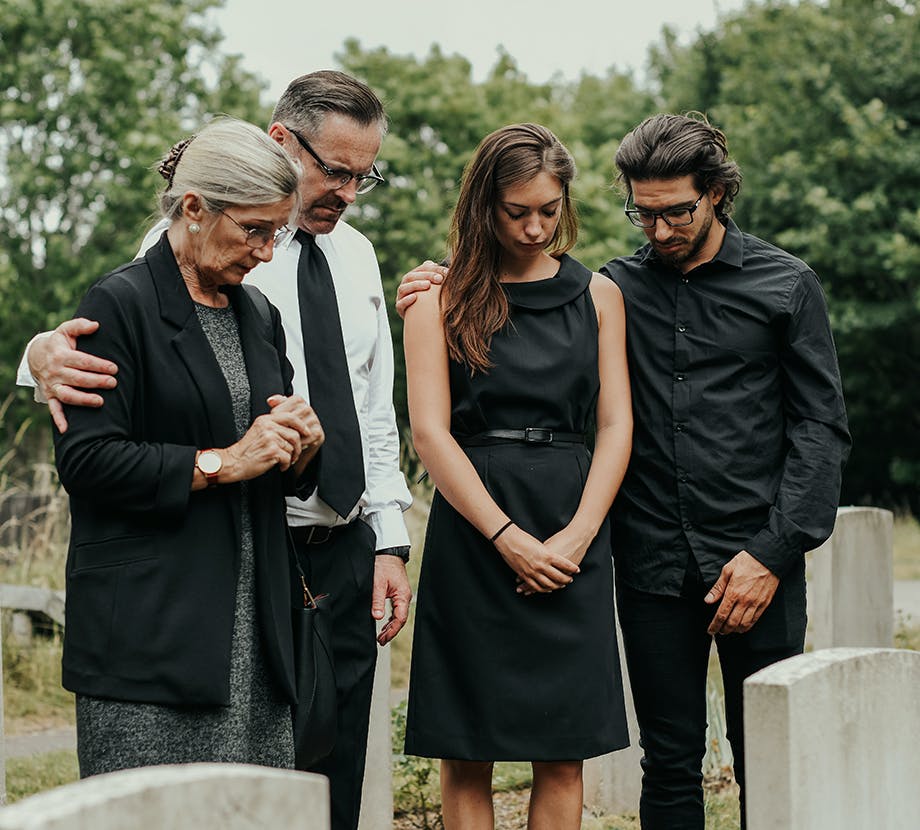Location Types Where Wrongful Death Cases Commonly Occur
Wrongful death cases can arise in various locations, depending on the circumstances of the accident. Some of the most common locations include:
- Roadways: Car, truck, motorcycle, bicycle, and pedestrian accidents are among the leading causes of wrongful deaths in New York. These often occur at dangerous intersections, highways, or areas with heavy traffic congestion.
- Worksites: Construction sites are notorious for fatal accidents due to falls, heavy machinery accidents, electrocution, or being struck by falling objects. Industrial workplaces and factories also present significant risks.
- Public and Private Properties: Slip and fall incidents, security negligence, or hazardous conditions on premises such as apartment buildings, retail stores, and entertainment venues can lead to fatal injuries.
- Nursing Homes: Elderly individuals may suffer wrongful death due to abuse, neglect, or inadequate medical care in long-term care facilities.
- Recreational Areas: Drowning accidents at pools, amusement park ride failures, and other recreational activities can result in fatal injuries.






